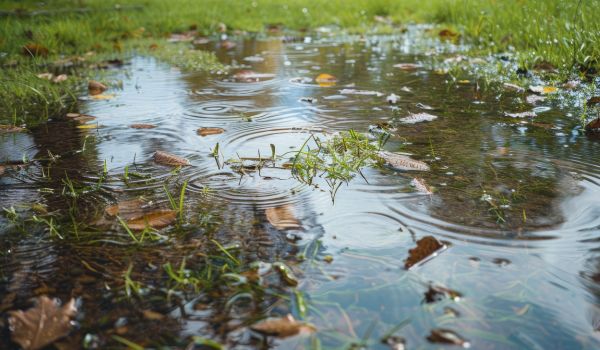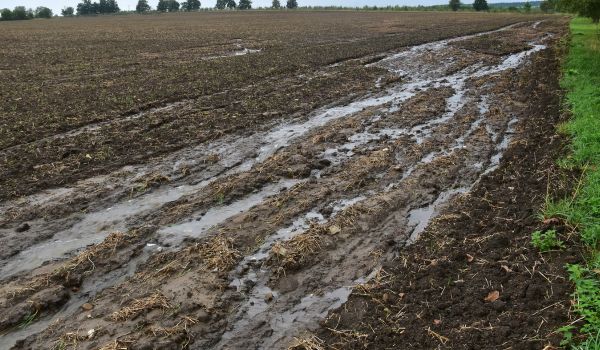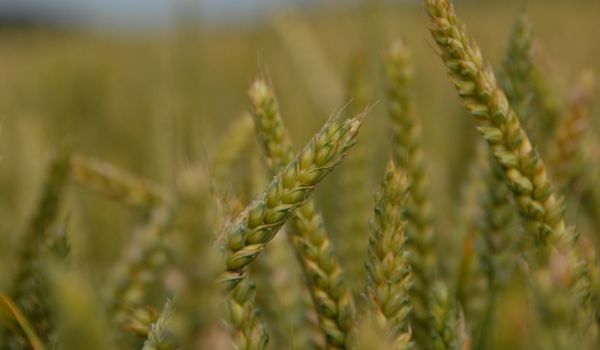
Soils and the ecosystem
Soils are fundamental to the provision of a wide range of ecosystem services that are vital for human well-being and ecological balance. They serve as a critical interface between the atmosphere, hydrosphere, and biosphere, supporting processes that regulate water, nutrient cycles, and biodiversity. This overview discusses the key ecosystem services provided by soils, highlighting their importance in agricultural productivity, water filtration, carbon sequestration, and habitat provision.

Agricultural productivity
Soils are the foundation of terrestrial food production systems. They provide essential nutrients and a medium for plant growth, influencing crop yield and quality. Healthy soils contribute to sustainable agriculture by maintaining fertility through nutrient cycling and organic matter retention. Soil management practices, such as crop rotation and cover cropping, enhance soil health and resilience, further supporting agricultural productivity.

Water regulation and filtration
Soils play a crucial role in regulating the hydrological cycle. They facilitate groundwater recharge and surface runoff management, thereby mitigating flood risks and enhancing water availability. Additionally, soils act as natural filters, removing contaminants and improving water quality through microbial processes and adsorption. This filtration capacity is vital for maintaining healthy aquatic ecosystems and ensuring safe drinking water supplies.

Carbon sequestration
Soils are significant carbon sinks, storing more carbon than the atmosphere and vegetation combined. Through the processes of photosynthesis and organic matter decomposition, soils sequester carbon, mitigating climate change by reducing greenhouse gas concentrations in the atmosphere. Soil management practices that promote organic matter retention, such as agroforestry and conservation tillage, enhance soil carbon sequestration potential.

Biodiversity and habitat provision
Soils support a vast array of organisms, from microorganisms to larger fauna, contributing to soil health and resilience. Biodiversity within soil ecosystems enhances nutrient cycling, disease regulation, and overall soil functioning. Diverse soil habitats are crucial for maintaining ecosystem stability and providing services such as pest control and pollination.

Cultural and aesthetic values
Beyond their physical and biological functions, soils also provide cultural and aesthetic services. They are integral to landscapes that support recreational activities, cultural practices, and traditional agricultural systems. The connection between communities and their soils fosters a sense of place and cultural identity, highlighting the socio-cultural dimensions of ecosystem services.

Conclusions
Understanding the multifaceted roles of soils in delivering ecosystem services is essential for effective land management and conservation strategies. By recognizing the intrinsic value of soils, stakeholders can implement practices that enhance soil health, promote sustainable agriculture, and support ecosystem resilience. Integrating soil science into environmental policies and land-use planning is crucial for safeguarding the services that soils provide, ultimately contributing to human well-being and ecological sustainability.





.jpg)
.jpg)

.jpg)
.jpg)